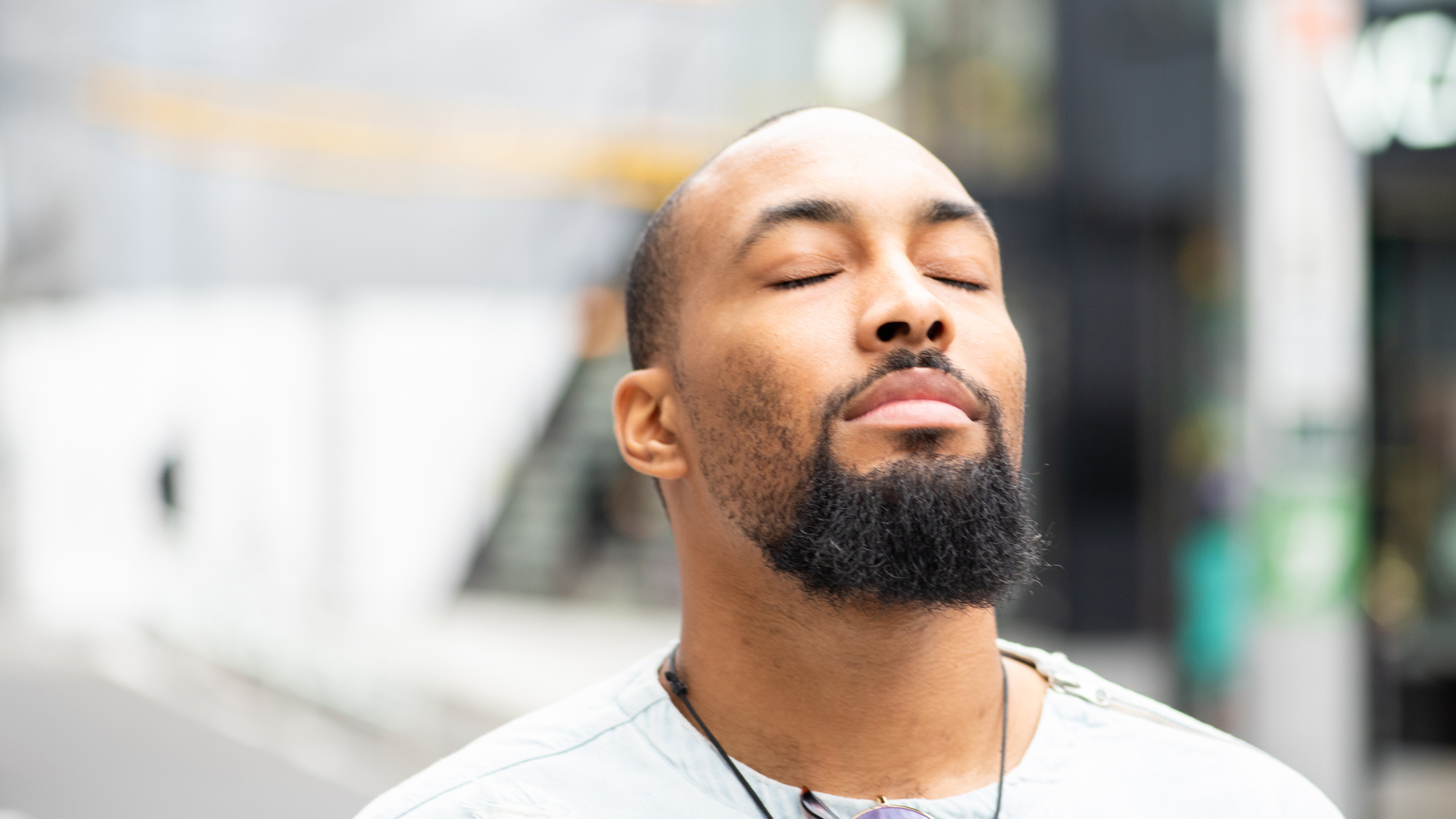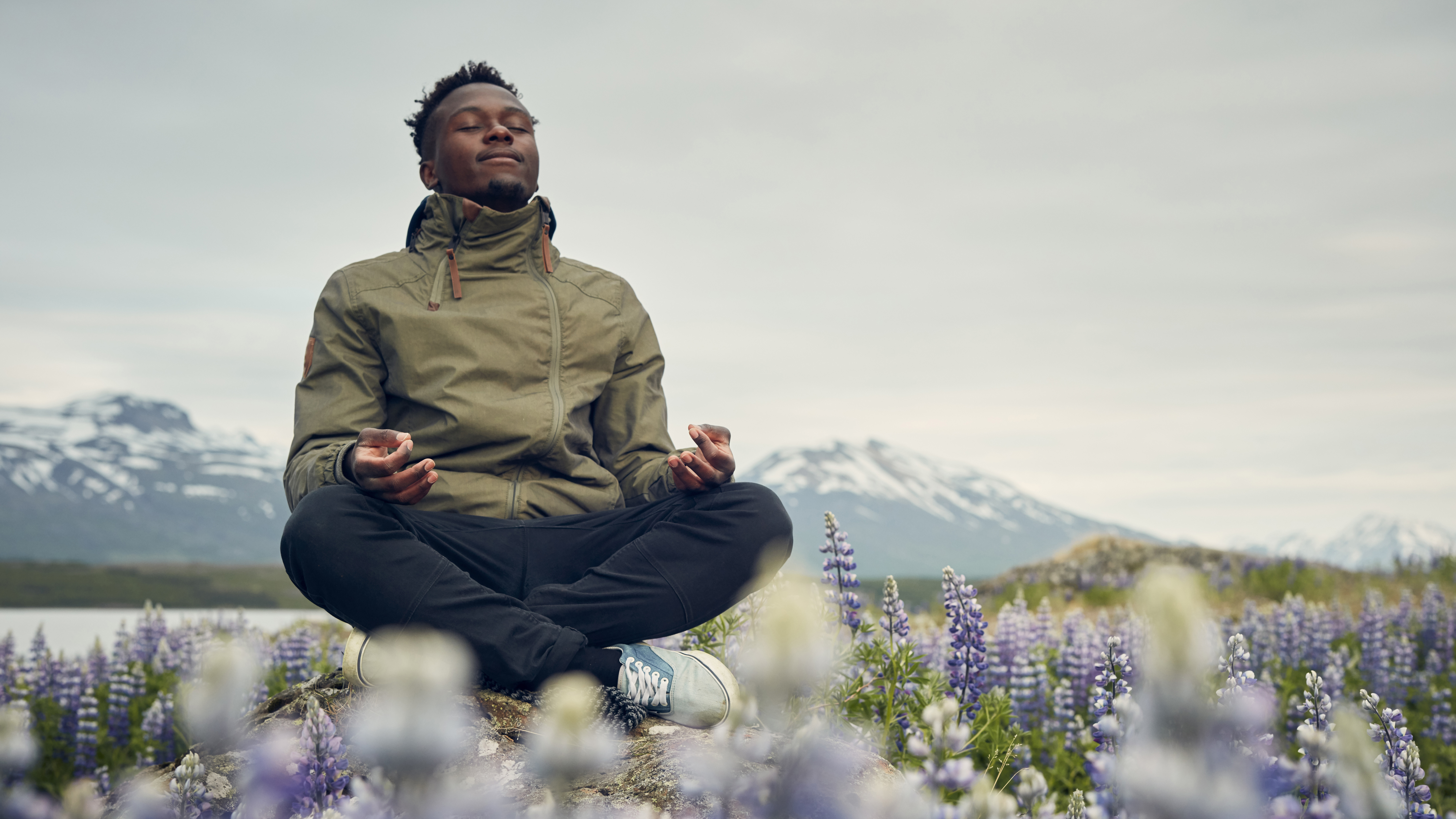Mental health: Just 10 minutes of mindfulness can help beat anxiety
10 minutes on a mindfulness app can halve feelings of lockdown anxiety to help our mental health


Life can be very stressful, especially in these current times. With the global health crisis putting new limiters on the way we live and fearmongering headlines appearing every time we glance at our phones, it's very easy for anxiety to take hold, damaging our mental health.
According to large population-based studies published in the journal Dialogues in Clinical Neuroscience, up to 33.7% of the population are affected by anxiety disorders. With huge numbers of us going through anxiety in some form, often without even realising what's happening, we need an easy solution to reduce those anxious feelings.
- Best diffuser for essential oils: the benefits of aromatherapy at home
- Is too much screen time messing with your mind?
- 5 ways to cope with uncertainty and anxiety during lockdown
Fortunately, we have one. Another study, this one published in the Journal of Medical Internet Research, looked at levels of anxiety in 34 physicians – a high-stress job even without the risk of a global pandemic.
The research found spending 10 minutes a day on a mindfulness app for three months reduced feelings of anxiety by up to 57%. That's a huge decrease. The study also found a 50% decrease in cynicism and emotional exhaustion, two factors which, along with Generalised Anxiety Disorder, are related to burnout among physicians.

Although the test was targeted at a specific profession, the findings that using mindfulness apps for ten minutes a day can halve feelings of anxiety are relevant to everyone, regardless of occupation.
If you're feeling very anxious while stuck at home watching the news, switching off and spending just ten minutes going through mindfulness exercises will help you feel at ease long term.
Meditation and mindfulness is a very powerful tool, with all sorts of studies linking the practice to improved cognitive function and less stress, but this is one of the first studies looking specifically at mindfulness apps as an easy, accessible way to reduce feelings of anxiety. Many apps contain guided meditations, simple breathing exercises, practices designed to encourage gratitude and self-love and music designed to help you relax and fall asleep.
Start your week with achievable workout ideas, health tips and wellbeing advice in your inbox.
Some of the most popular apps out there include Calm, a subscription service containing all of the above as well as mindfulness courses and sleep stores read by celebrities, such as Eva Green, Harry Styles and Matthew McConaughey.
Another popular option is Headspace, a meditation app developed by buddist monk Andy Puddicombe.
Liked this?
Matt Evans is an experienced health and fitness journalist and is currently Fitness and Wellbeing Editor at TechRadar, covering all things exercise and nutrition on Fit&Well's tech-focused sister site. Matt originally discovered exercise through martial arts: he holds a black belt in Karate and remains a keen runner, gym-goer, and infrequent yogi. His top fitness tip? Stretch.
